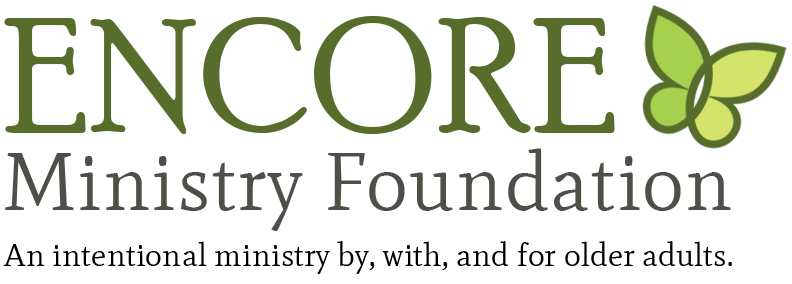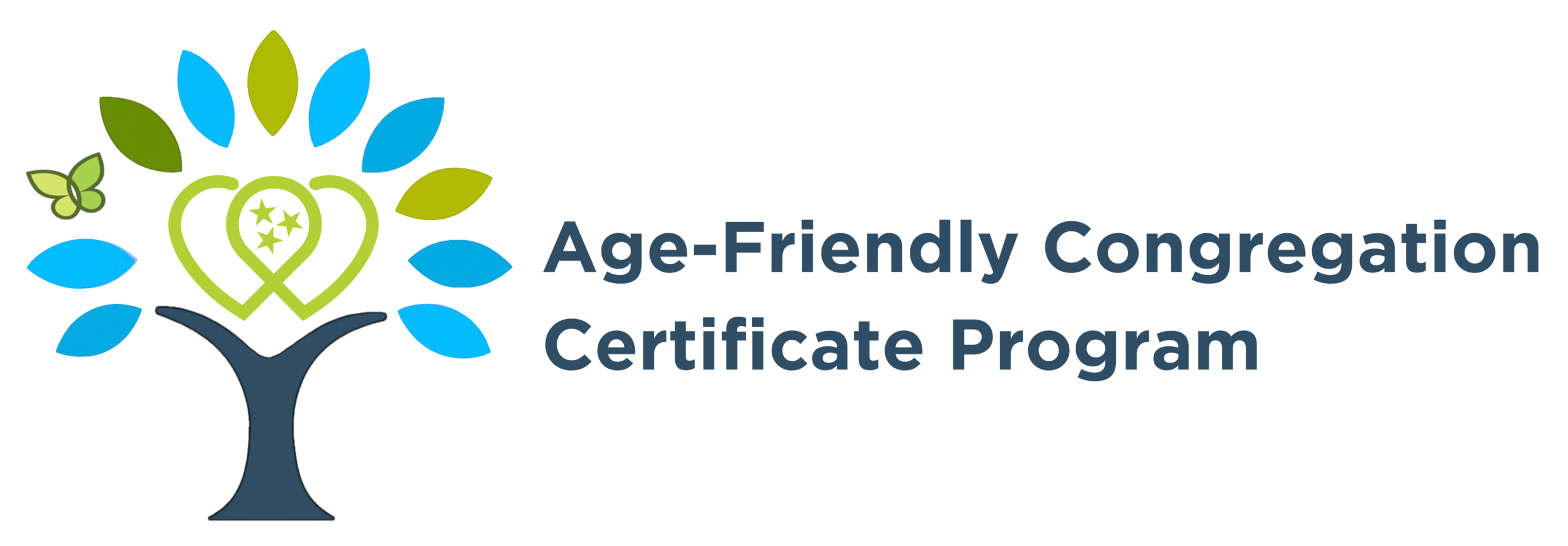[cs_content][cs_element_section _id=”1″ ][cs_element_layout_row _id=”2″ ][cs_element_layout_column _id=”3″ ][cs_element_text _id=”4″ ][cs_content_seo]First United Methodist Church in Shelbyville, Tennessee, received a $10,000 grant from the Golden Cross Foundation, a ministry of the Tennessee Conference of The United Methodist Church. The grant is being used to help fund a community soup kitchen.
The Shelbyville Community Soup Kitchen (SCSK) was started in February 2016 by the Bedford County Ministerial Association on a six-week trial basis to help a known homeless population living along the Duck River.
Since Shelbyville FUMC was the closest church to the homeless camp, the church became the host site for a weekly Tuesday evening meal. Starting with 12 guests on a cold and rainy night, attendance grew steadily to an average of 175 guests each week.
However, like so many programs and ministries, soup kitchen volunteers had to rethink their mode of serving after COVID-19 forced the church to close in March 2020.
“Because of the closure, we were unable to serve meals in March and April. But with the help of a local food truck vendor and his staff, we resumed feeding our guests in a drive-by and walk-up setting in May,” said the Rev. Dr. Paul Mullikin, SCSK’s Board of Governors president and pastor at Shelbyville First UMC.
About 175 boxed meals are prepared each week but that number is expected to increase due to economic and work force conditions. Along with the increase in weekly meals served, the cost per meal is also rising.
“We have a continual need for funds to feed the homeless and marginalized,” said Mullikin. “A substantial portion of our guests are older adults who live on limited incomes and oftentimes shoulder the responsibility of raising their grandchildren.”
Pre-COVID, SCSK operated solely on contributions and an annual fundraising event. However, like many other programs and ministries, their 2020 annual fundraiser was postponed due to the pandemic. The Golden Cross Foundation’s grant money will help provide food for SCSK’s guests.
“While SCSK is helping to meet our guests’ nutritional goals, we are handicapped in realizing one of our most important goals, that of hands-on ministering to spiritual and emotional needs,” said Mullikin. “Our goal is to resume and increase our multi-faceted program of nutritional, spiritual, and emotional support when we can again do so safely.”
Post-pandemic plans, include expanding the soup kitchen’s services once volunteers are able to move back into a brick-and-mortar building.
“We would love to become a center of hope and refuge for God’s hungry, tired, and weary,” said Mullikin. “We hope to expand our nutritional services to more days per week, to once again offer both spiritual and emotional support, and perhaps eventually offer job skills assistance and a children’s summer feeding program. SCSK was started literally on a wing and a prayer. Many, many prayers continue to be offered for this mission, and the wings are God’s hand that lifts us when our paths forward become difficult.”\n\n[/cs_content_seo][/cs_element_layout_column][/cs_element_layout_row][/cs_element_section][/cs_content]

FBI Warns of Impersonation Scams
Criminals impersonate a wide range of local, state and federal government agencies, and the use of artificial intelligence makes these scams harder than ever to detect. Learn more about these trending scams.


